
Home endpoints twice as likely to be infected as businesses
Despite the fact that in recent months we've seen cybercriminals focusing their efforts on businesses, 68 percent of infections are seen on consumer endpoints, compared to 32 percent on business endpoints.
This is one of the findings of the latest Webroot Threat Report, which also shows that legitimate websites are frequently compromised to host malicious content, with 40 percent of malicious URLs hosted on good domains.
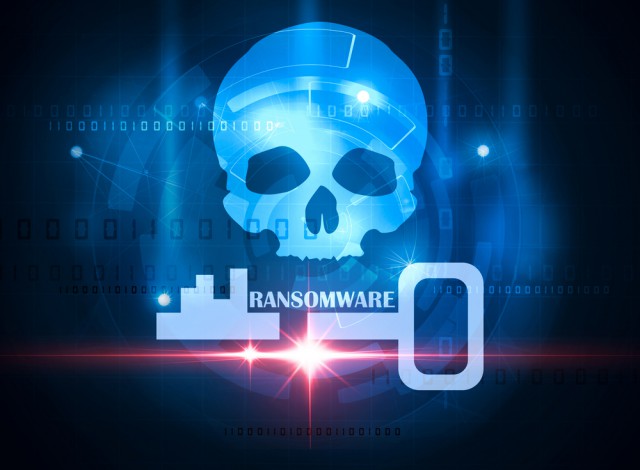
New solution protects enterprises against ransomware
Ransomware attacks are increasingly well targeted and complex, and they can prove devastating for businesses.
Storage specialist Cohesity is launching a new set of anti-ransomware capabilities for its DataPlatform that can directly combat attacks.

Major US newspapers hit by cyberattack, disrupting printing and distribution
A number of major US newspapers -- including the Los Angeles Times, Chicago Tribune, Wall Street Journal and New York Times -- have been hit by a cyberattack that is said to originate from another country.
Malware was first detected on Thursday by Tribune Publishing, the owner of some of the affected titles, but unsuccessful attempts at quarantining meant that there was disruption well into Saturday. The Department of Homeland Security is currently investigating the incident which is not thought to have exposed any personal customer details.

Fake ransomware 'cures' actually just pay the scammer
In an interesting new trend some companies are claiming to be able to unlock encrypted files following a ransomware attack, but are in fact simply acting as brokers between victims and attackers.
Researchers at Check Point have discovered a Russian IT consultancy named Dr. Shifro that claims to unlock and recover consumers' and businesses' encrypted files.
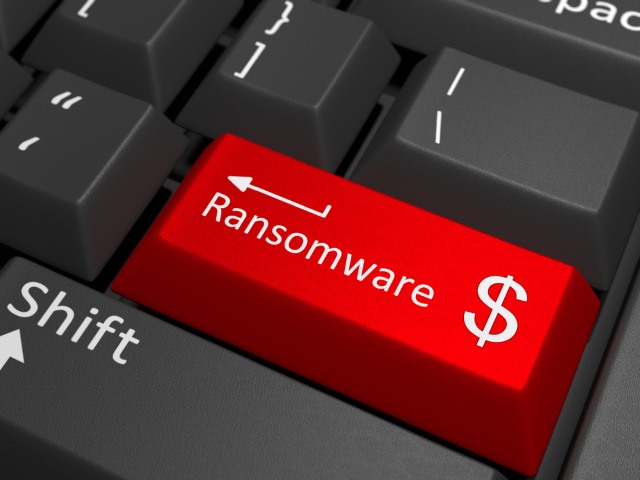
Should businesses prepare for ransomware with a cryptocurrency stash? [Q&A]
An increasing number of enterprises are considering pre-purchasing cryptocurrency in anticipation of potential ransomware attacks. But is this a valid risk-reduction strategy for enterprises?
To get some views on this controversial issue, we spoke with Mike Doran, senior security consultant with the enterprise incident management team at cybersecurity specialist Optiv, and former computer forensics examiner with the St. Louis Metropolitan Police Department.

Cisco Talos releases free decryptor for Thanatos ransomware -- ThanatosDecryptor
Getting hit by a ransomware attack is bad enough; it means that your files have been encrypted and you'll be asked to pay a fee in a cryptocurrency such as Bitcoin or Ethereum to unlock them. The problem is that paying the ransom is in no way a guarantee that your files will be decrypted -- the ransomware was created by criminals, after all.
If you've been struck by the Thanatos ransomware, however, there's good news from Cisco Talos. The company has analyzed the malware and developed a free decryption tool that will enable you to get your files back without having to part with any money.
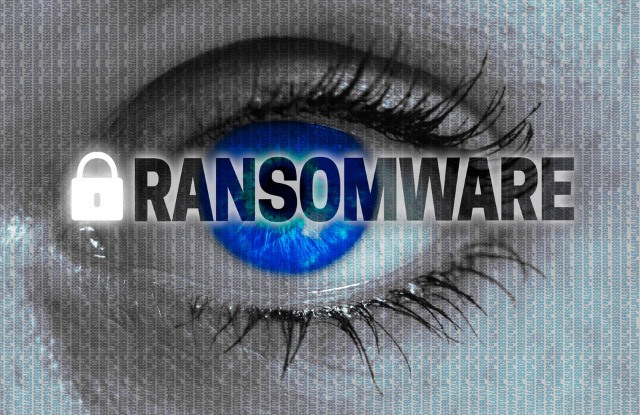
Ransomware: As big a threat as the media claims
Ransomware is a very real threat that targets businesses of all sizes and industries. Really any business can be a target. With that being said financial institutions and retail are most at risk given the transactional nature of their business and the number of people that may have access to a terminal or computer at any given point in time.
The first thing that an organization needs to do is recognize that they are a target for ransomware just like any other company. Next, they need to ensure that they have the proper tools anti-virus/anti-malware installed on all computer systems to detect and defend against ransomware attacks. Of course, after this comes ensuring that the anti-virus/anti-malware software is kept up-to-date to ensure that the signature and traffic detection patterns are updated. It is critical that businesses have some sort of ransomware defense plan in place.

90 percent of financial institutions targeted by ransomware in the last year
Robbing a bank used to involve a mask, a gun and a fast car, but these days it's more likely to be done via the safer and no less lucrative means of a cyberattack.
A new report from cloud security specialist Carbon Black, based on responses from CISOs at 40 major financial institutions -- including six of the top 10 global banks -- seeks to better understand the attack landscape.

Ransomware attacks up 400 percent in 2017 mainly due to WannaCry
Ransomware attacks grew by 400 percent last year, largely down to the success of the WannaCry attack. It’s perhaps not surprising that other variants slowed down, but this signals a shift in the way ransomware is being used.
A new report from F-Secure shows WannaCry accounted for nine out of every 10 ransomware detection reports by the end of the year.

Phishing and drive-by downloads lead infection methods
The most common infection vectors are still email phishing and drive-by downloads according to the latest threat report from AI security specialist Cylance.
The report provides a real-world glimpse into major cyber threats that affected Cylance’s customer base in 2017. Along with industry trends and analysis, and data from thousands of government entities and organizations of all sizes across 160 countries that have adopted a prevention-first approach to security.
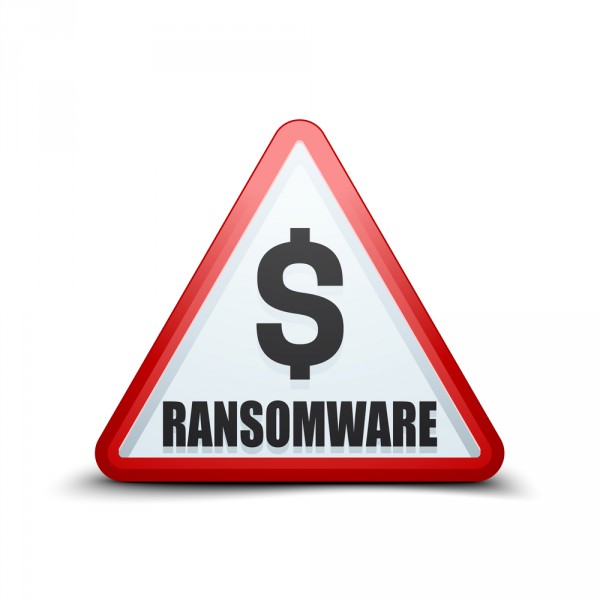
Almost six out of 10 organizations suffer ransomware attacks
New research reveals that 56 percent of surveyed decision makers from IT and risk, fraud or compliance functions report that their organization has suffered a ransomware attack in the last 12 months, compared to under half (48 percent) who said the same in 2016.
The study of 500 businesses in the UK, France, Germany and USA commissioned by SentinelOne and carried out by Vanson Bourne shows 69 percent say the most successful ransomware attack resulted in the attacker being able to encrypt some data, with five percent paying the ransom to decrypt the data.

Ransomware gives way to miners as cyber criminals follow the money
Cyber criminals have started using sophisticated infection methods and techniques borrowed from targeted attacks in order to install mining software on attacked PCs within organizations says Kaspersky Lab.
Some 2.7 million users have been attacked by malicious miners in 2017, according to Kaspersky's data. That's around 50 percent higher than in 2016 (1.87 million). But at the same time ransomware attacks have seen a decline.

Mid-market organizations hardest hit by ransomware
Mid-market organizations -- those with 1,000-5,000 employees -- have been hit the hardest with ransomware in 2017, with 29 percent experiencing a ransomware attack, according to a new report.
Security awareness training company KnowBe4 has released its 2018 Threat Impact and Endpoint Protection Report which shows organizations in manufacturing, technology and consumer-focused industries experienced the most ransomware attacks.
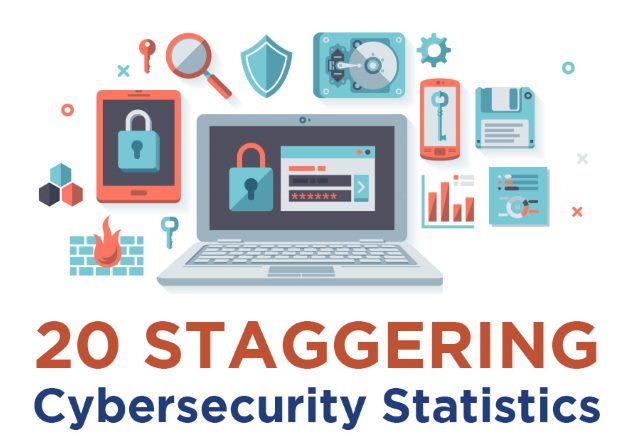
Cyber security in (big) numbers
We hear a lot about cyber attacks and the latest threats, but it can sometimes be hard to comprehend the scale of the problem.
Network security company Bricata has produced an infographic that sets out some of the statistics to put things into context.
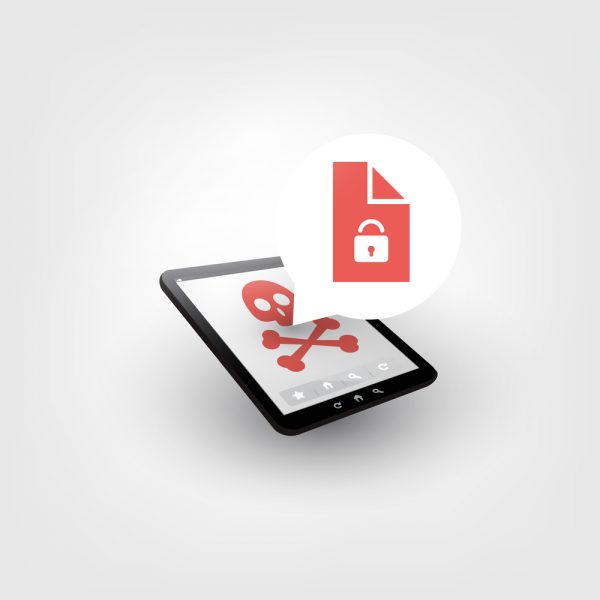
Growth in Android ransomware slows, but it's getting sneakier
While Android ransomware is still growing, it's doing so at a slower rate than at its peak in 2016. However, it is using sneaky new techniques to trick users.
New findings from researchers at ESET reveal techniques like the misuse of Android's Accessibility services being used to infect devices. The most popular attack technique though remains screen-locking followed by a ransom demand. The most frequently detected variant being the Android/Locker family.
